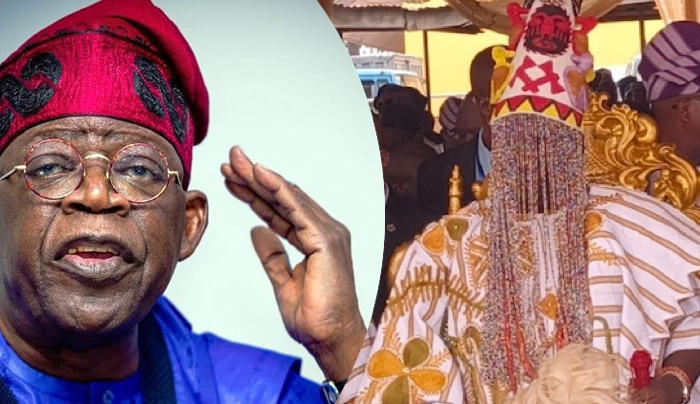A second wave of coronavirus infections is hitting West and Central Africa, and experts are warning it could be worse than the first.
Nigeria, Niger, Mauritania, Burkina Faso, Mali, Togo and Democratic Republic of Congo are all at or near record levels of infection. Infections in Senegal are also rising fast.
Compared to the United States and Europe, the region has so far been spared the worst of the pandemic. West and Central African countries are reporting between dozens and a few hundred new daily cases — still only a fraction of the more than 600,000 cases reported globally each day — although testing rates in Africa are among the lowest in the world.
But as temperatures drop, and governments struggle to enforce months-long restrictions, some experts fear this surge will be worse than the first.
On Wednesday, Nigeria recorded its worst single-day numbers with 930 confirmed cases of Covid-19. The figure beat that of December 11, which at 796 certified cases, was the highest incidence of the virus in a day. The uptick in number of positive cases has raised fears that the country is on the cusp of the second wave of the pandemic.
Mali reported a record 155 new cases on Dec. 7, compared to fewer than 20 a month earlier. The health ministry ordered test kits a month ago, anticipating that it would need about 500 a day. They are now getting through five times that.
“We could run out of testing shortly, within 10 days,” said Akory Ag Iknane, director general of the National Institute of Public Health.
Mali’s government said last week that it would enforce compulsory mask wearing and strengthen screening at airports. But many worry it will not be enough.
Meanwhile, at the beginning of November, Congo was reporting about 20 new cases a day. On Wednesday it reported a record 345.
In the capital Kinshasa, home to around 12 million people, most do not wear masks in public. The government has imposed new rules, including mandatory mask wearing, a ban on large groups, and a curfew.
“The hospitals have patients in large numbers exceeding the number of patients we had at the end of the first wave,” said the COVID-19 response chief, Jean-Jacques Muyembe, in a Dec. 5 statement.
Many African countries lack the financial clout to secure vaccine purchase agreements with drug companies. Some could wait months if not years for access to vaccines through the World Health Organization’s COVAX programme – unlike richer nations where inoculations are already underway.
Follow us on:

















